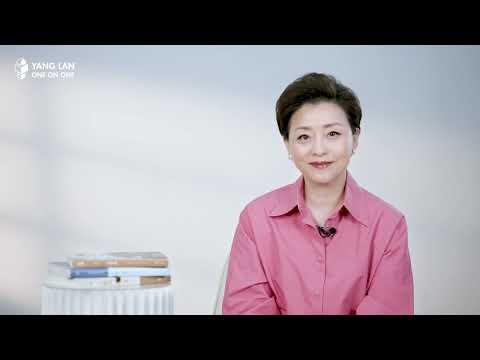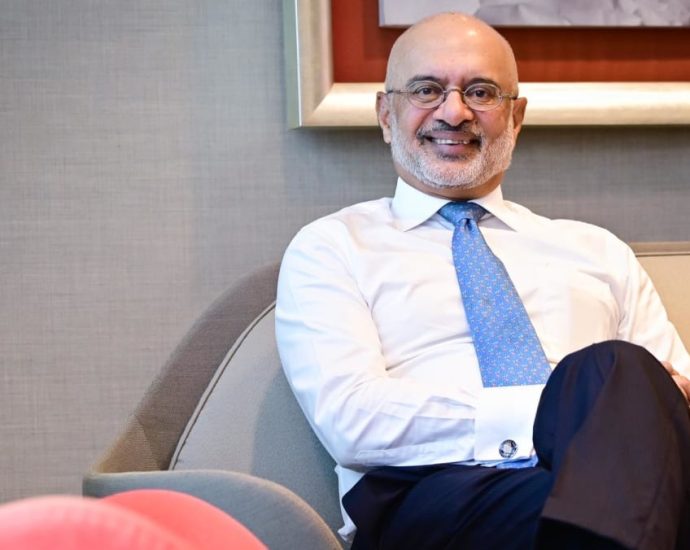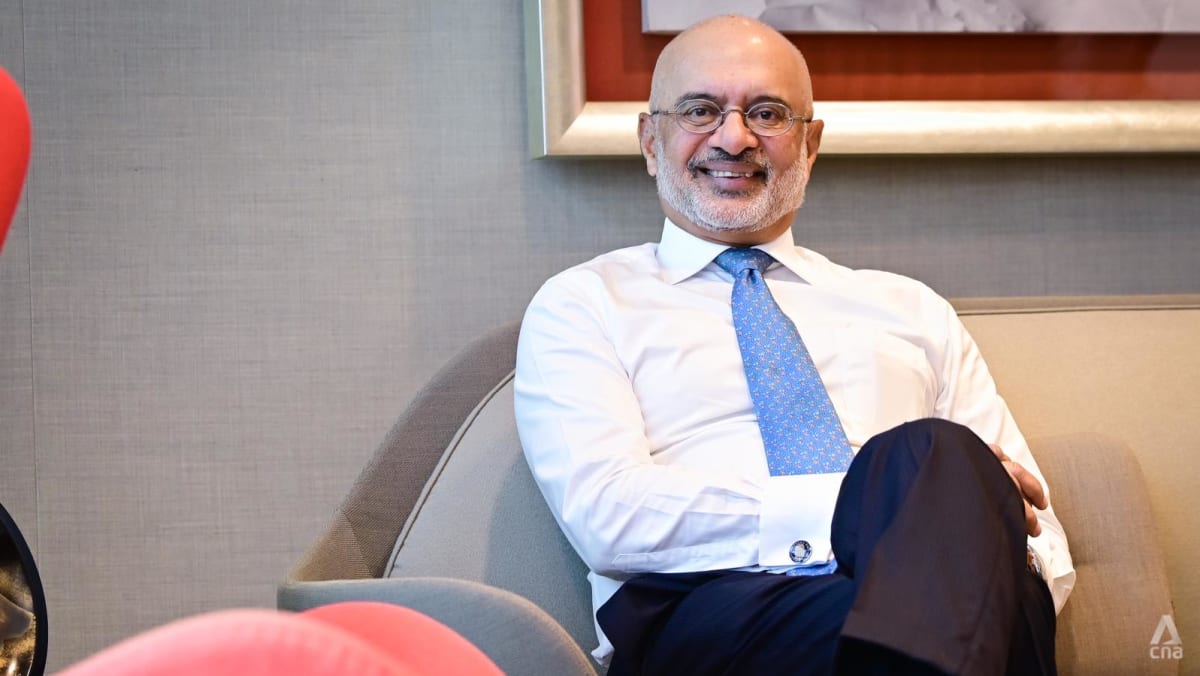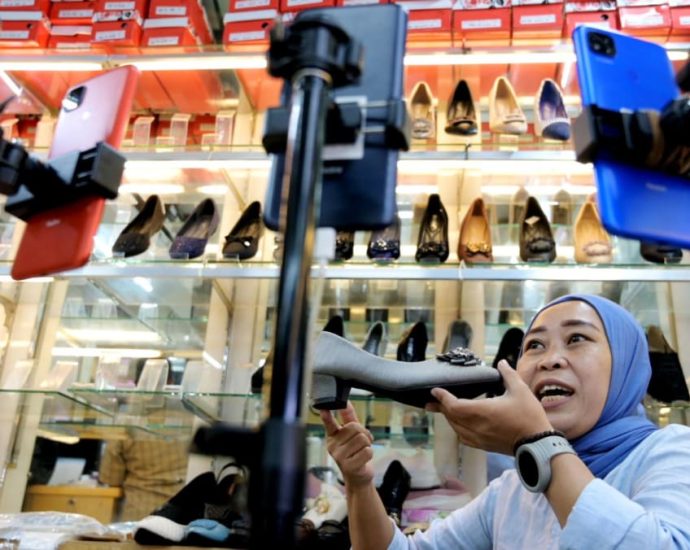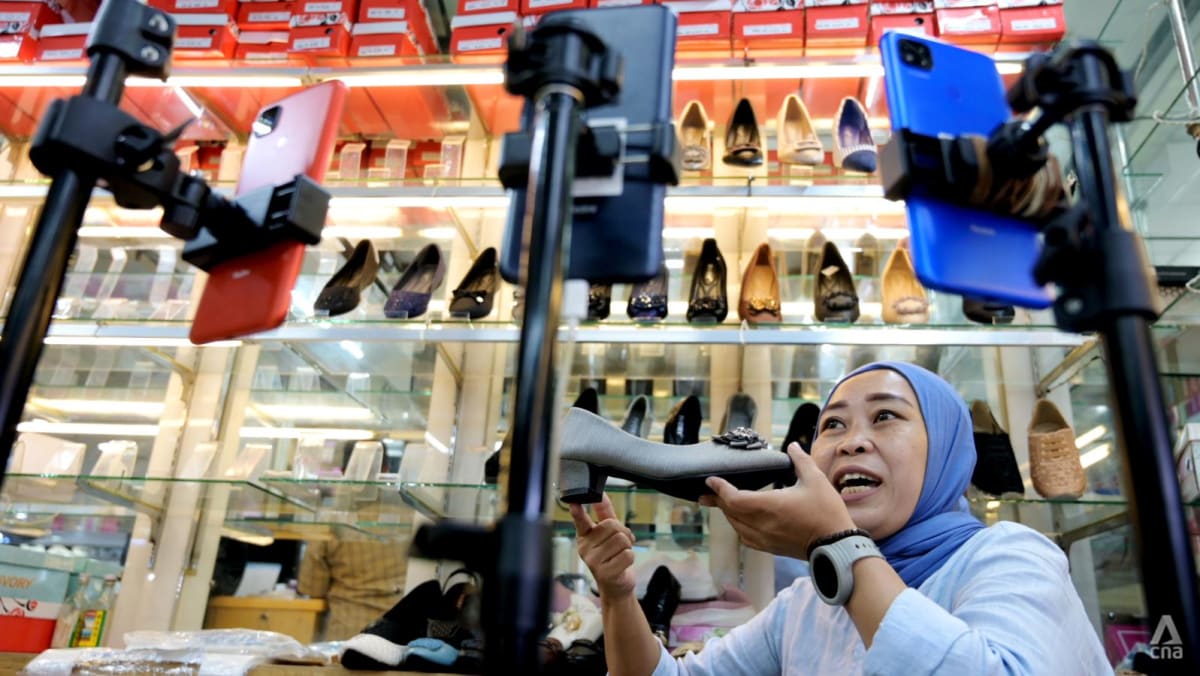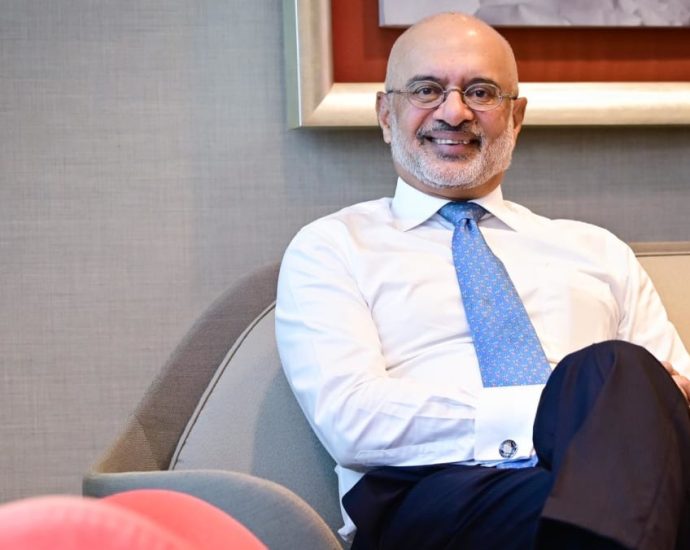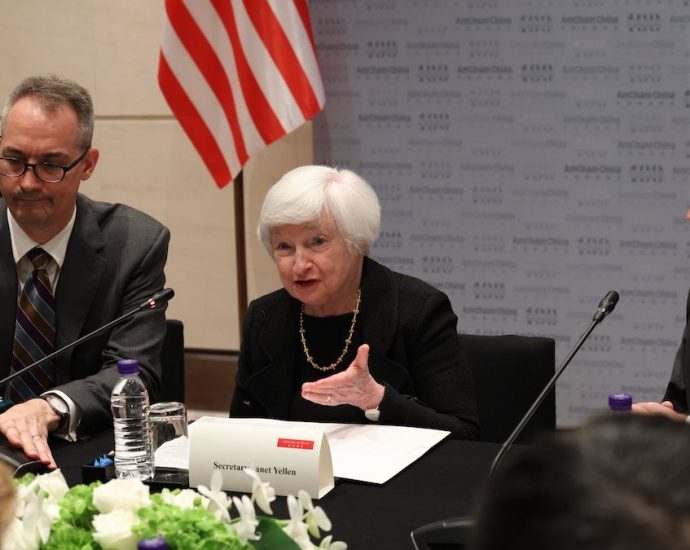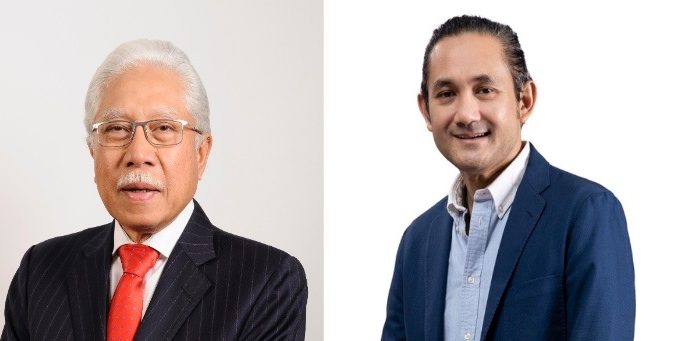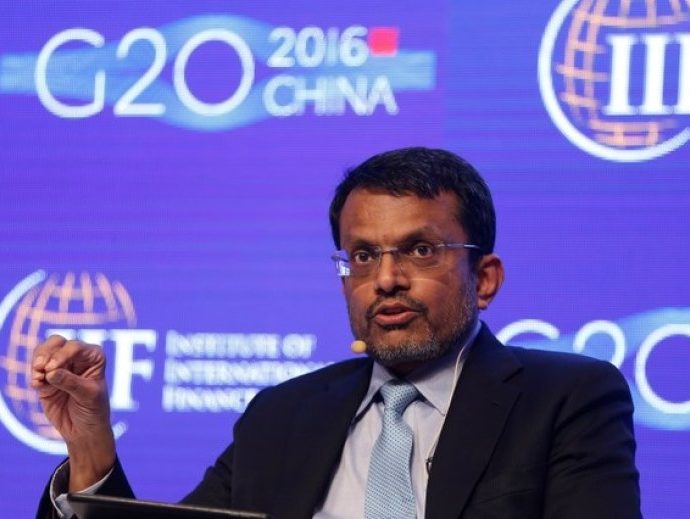Yang Lan interviews Xie Zhenhua â One on One
Chinese climate advisor Xie Zhenhua has been the lead negotiator for China at most United Nations climate change conferences since 2009. He led the Chinese delegation at the COP26 in November 2021. In an interview, Xie shares his view about why China is willing to take climate action and how the country will achieve its carbon neutrality goal.
Yang Lan, one of China’s top TV journalists and entrepreneurs, partners with Asia Times to showcase the ground-breaking series, “Yang Lan One on One.” Yang reveals the victories, wisdom and breakthroughs of the many global luminaries she’s interviewed. Learn how these trailblazers – from movie stars, scientists and economists, to entrepreneurs and government leaders – have ignited social progress throughout the world.
Asia Times is the distributor of the series.
Episode 1: Yang Lan interviews Michelle Yeoh – One on One
Episode 2: Yang Lan interviews Donnie Yen – One on One

